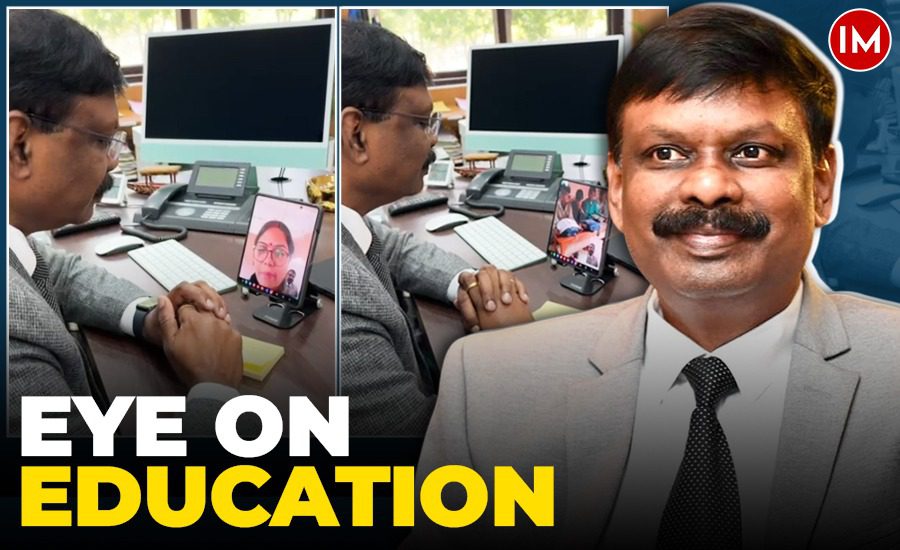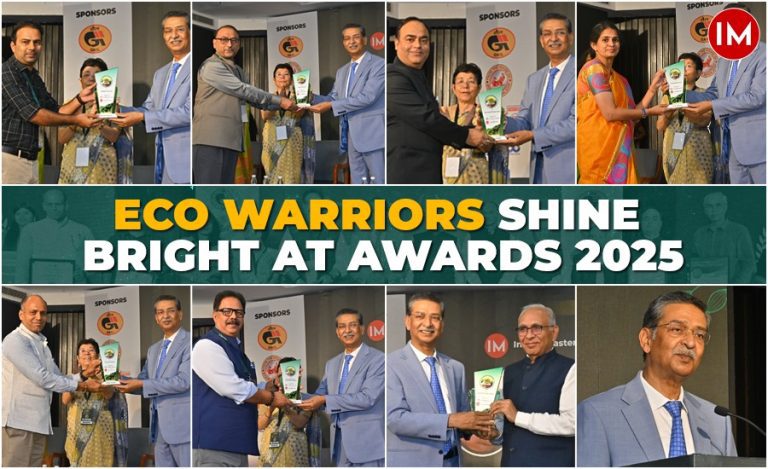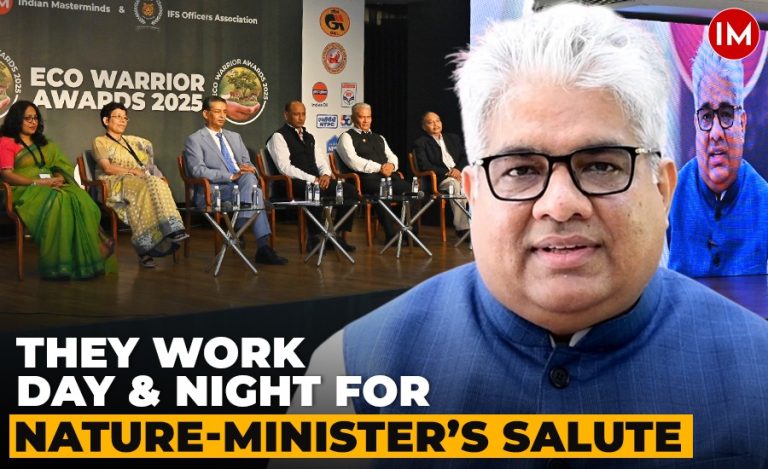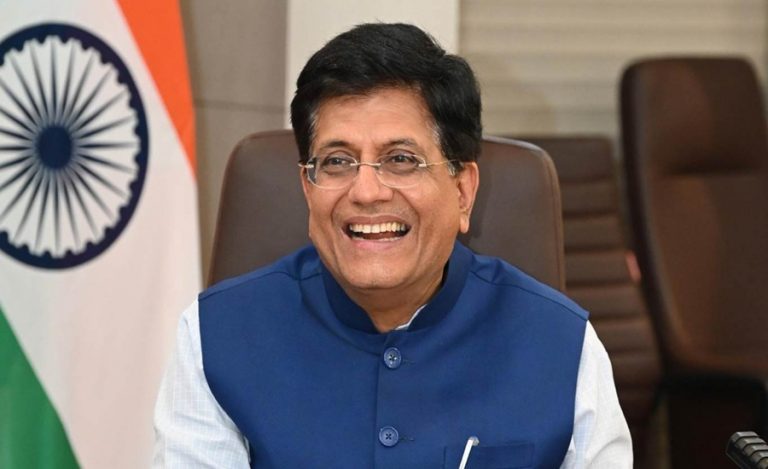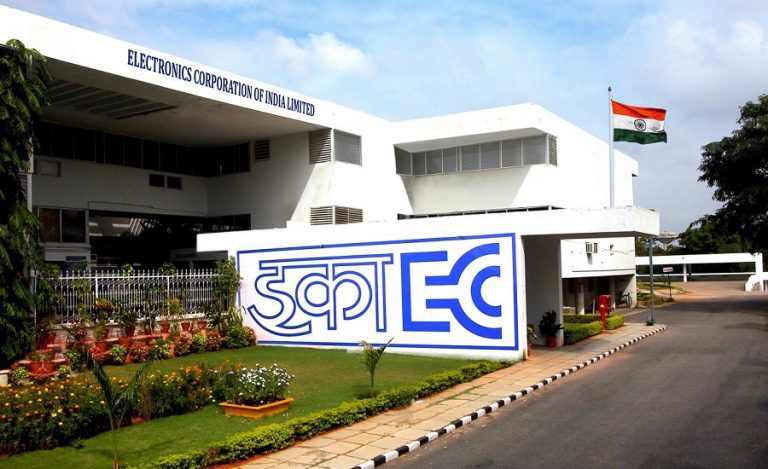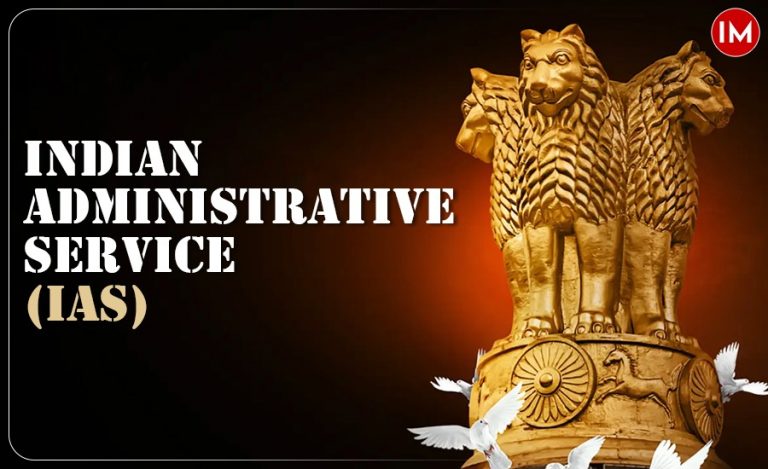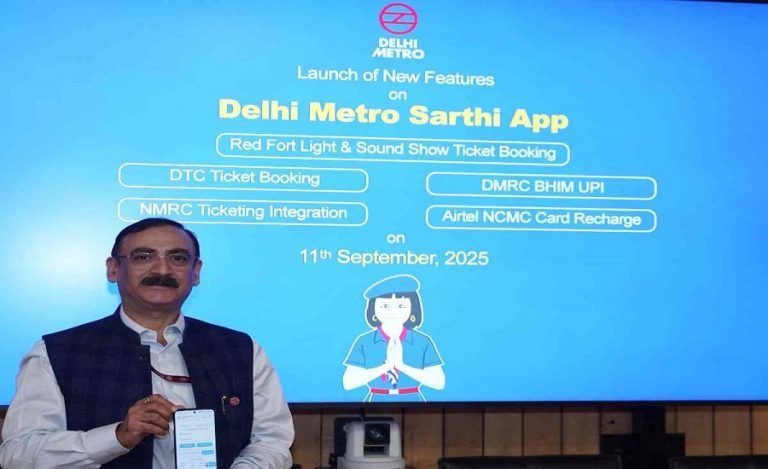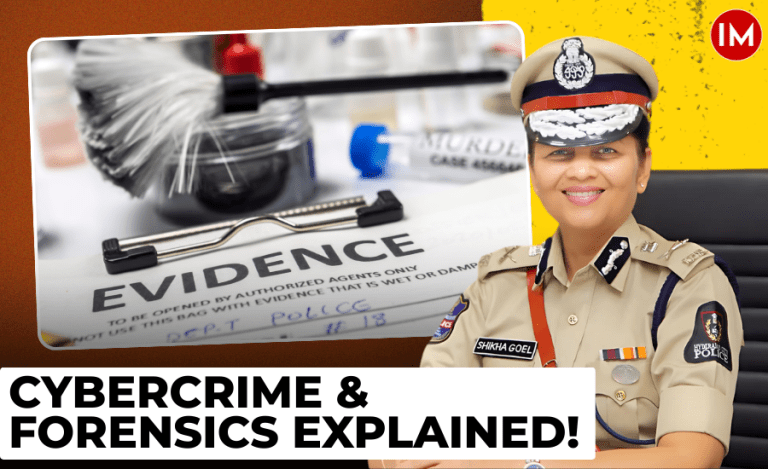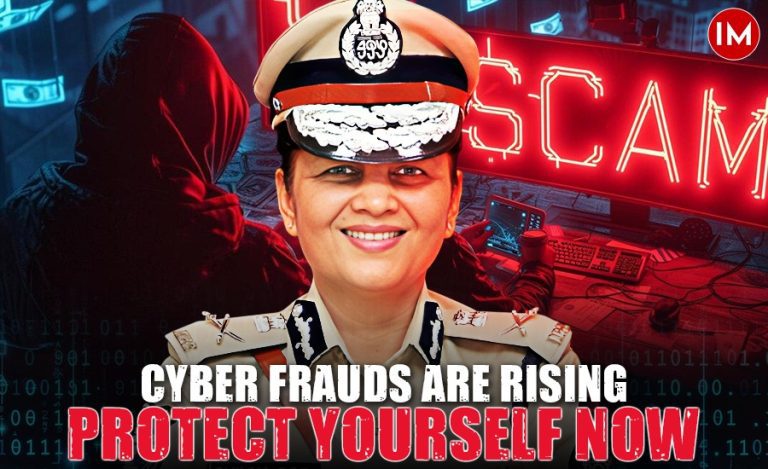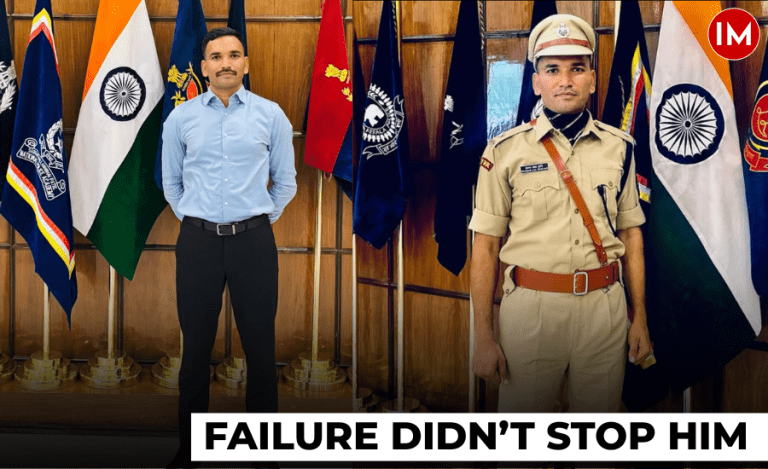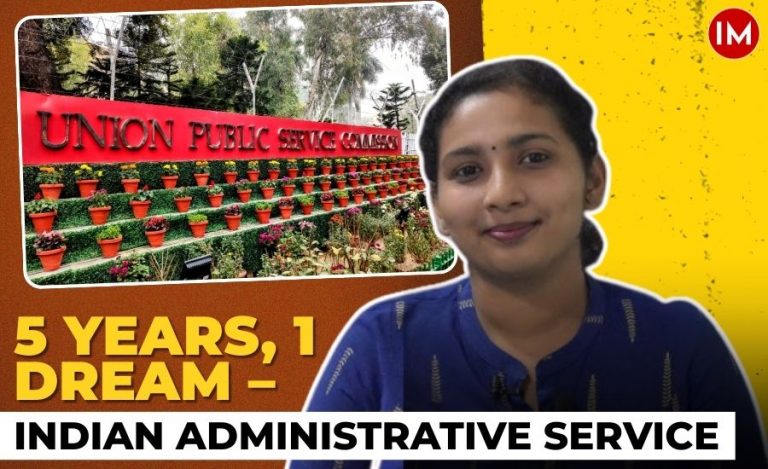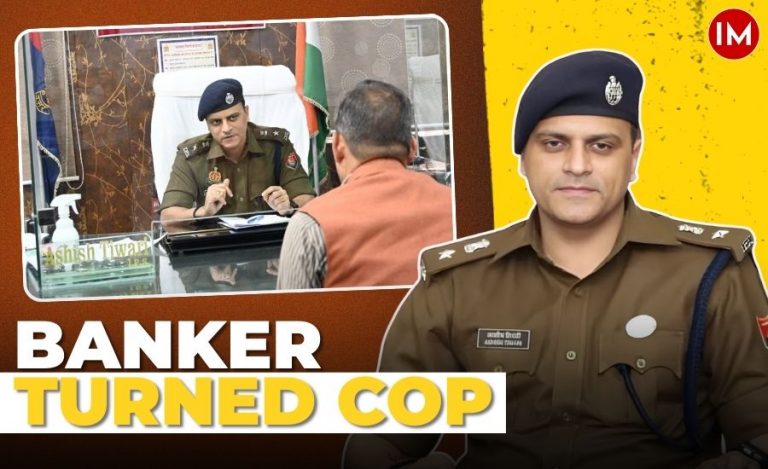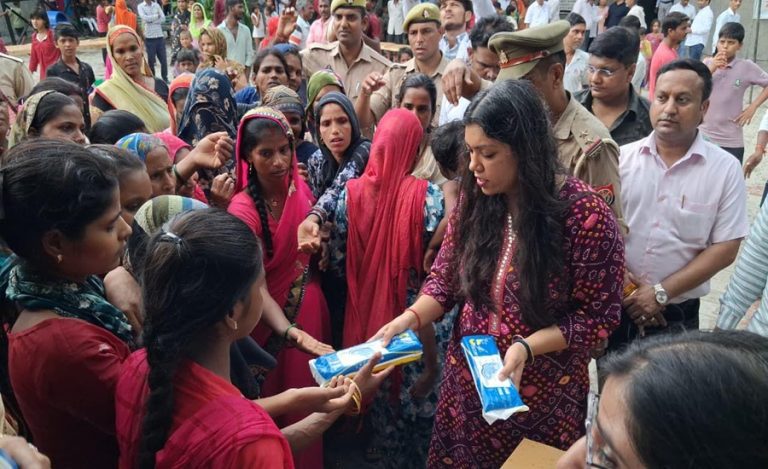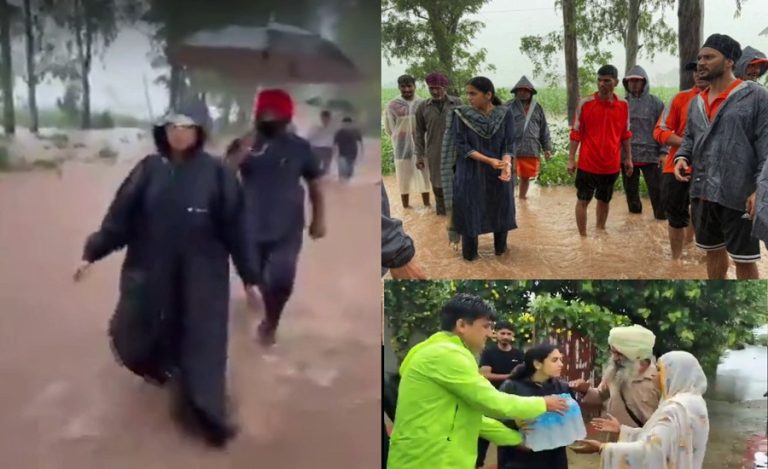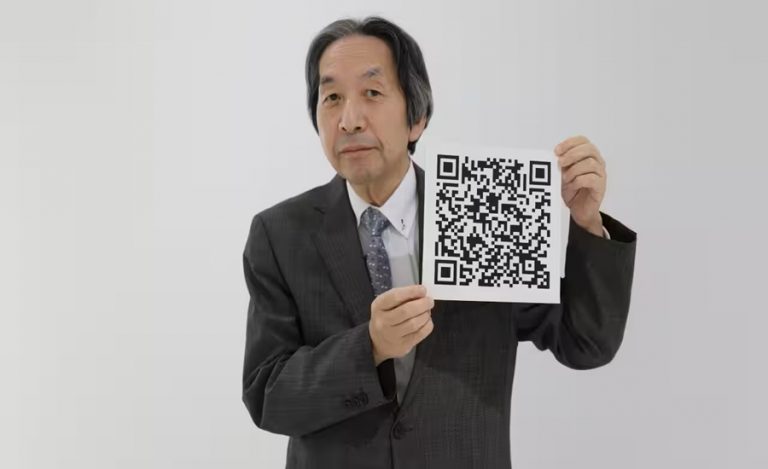It’s a quiet day in a rural school in Bihar’s Mushari block when suddenly, the school’s tola sevak receives a call. On the other end is Dr. S Siddharth, Additional Chief Secretary of Bihar’s Education Department, demanding to see the school premises, classrooms, and even the mid-day meal being served. This surprise video call has become a new norm under the IAS officer’s unique initiative to ensure accountability and quality in education.
“This helps in 360-degree monitoring of schools, students, and teachers,” says Dr. Siddharth, a 1991-batch IAS officer and a firm believer in the transformative power of technology. “When my team visits the school later, they find accurate ground realities because the teachers and headmasters cannot manipulate what I have already seen on video.”
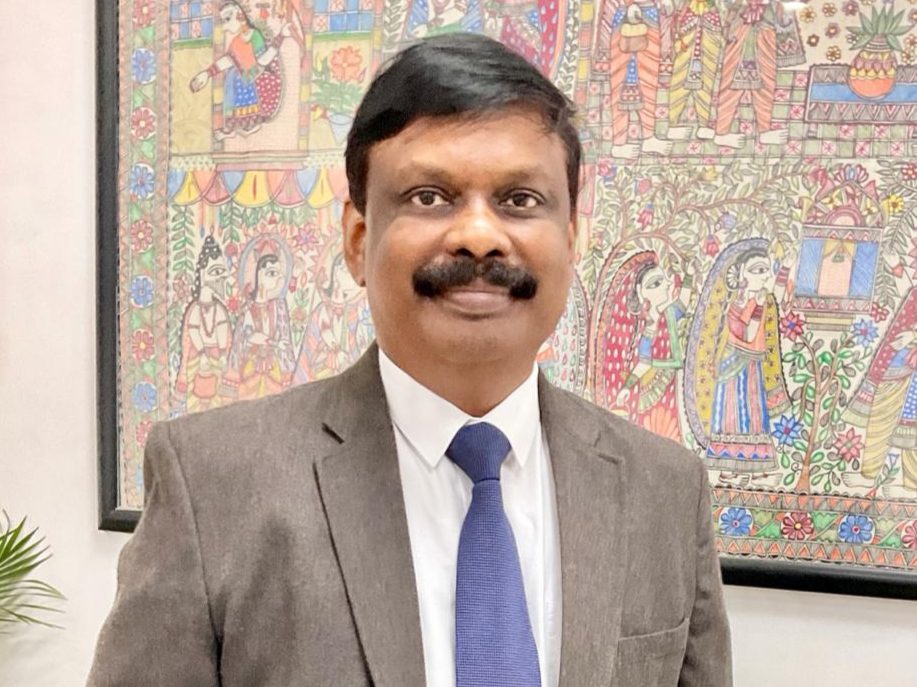
FROM ATTENDANCE TO ACCOUNTABILITY
Unlike his predecessors who focused mainly on timely attendance, Dr. Siddharth’s approach is more comprehensive. Every day, he randomly video calls teachers across the state through the E-Shiksha Kosh app, asking about their whereabouts and inspecting school facilities. Following his virtual inspections, a designated team visits the same school to verify conditions and report any lapses.
“Earlier, there was corruption at various levels in monitoring,” he explains. “Now, with the E-Shiksha Kosh app, attendance is marked digitally, removing the scope for fraud. This system has made teachers more alert, not just about being present but also about the quality of their teaching.”
THE APP THAT CHANGED EVERYTHING
The E-Shiksha Kosh app, conceptualized under Dr. Siddharth’s guidance during his tenure in the finance department, has been a game-changer. Initially met with resistance, the app is now at the core of Bihar’s education monitoring system. It facilitates digital attendance, tracks syllabus coverage, and will soon include advanced features like facial recognition for students and automated headcounts.
“Digitization is the future, and we need it in education more than ever,” he says. To enhance the app’s reach, the education department is equipping schools with tablets, ensuring headmasters have seamless access. Plans are also underway to make the app parent-friendly, enabling them to monitor school activities directly.
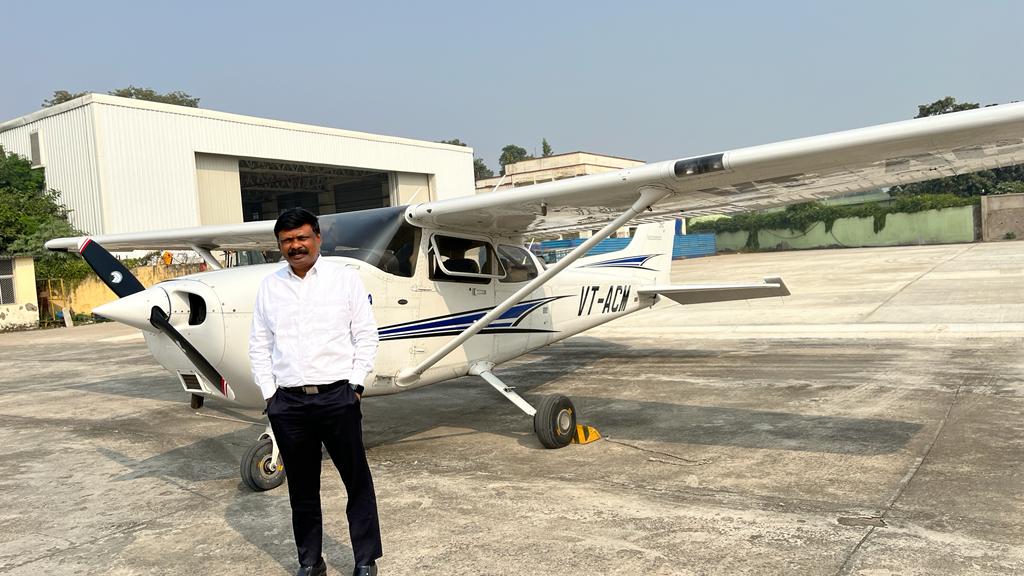
IMMEDIATE IMPACT
Since the video call monitoring began, Dr. Siddharth has observed a positive shift. Teachers are now more conscious of their responsibilities. Public involvement has also grown, with more complaints coming in from communities as they see visible improvements in school oversight.
“This system empowers not just the department but also the public,” he notes. “People feel I might visit their schools physically, but video calls make inspections swift and effective.”
ADDRESSING INFRA GAPS
While monitoring has improved accountability, it has also highlighted glaring gaps in infrastructure. Many schools still lack proper benches, desks, and other basic amenities. Dr. Siddharth’s team has completed a comprehensive survey, and he promises to fill these gaps within the next 2-3 months.
“Students are our priority,” he asserts. “If we have students, we need teachers, study materials, desks, water, and mid-day meals. Everything else builds around that.”
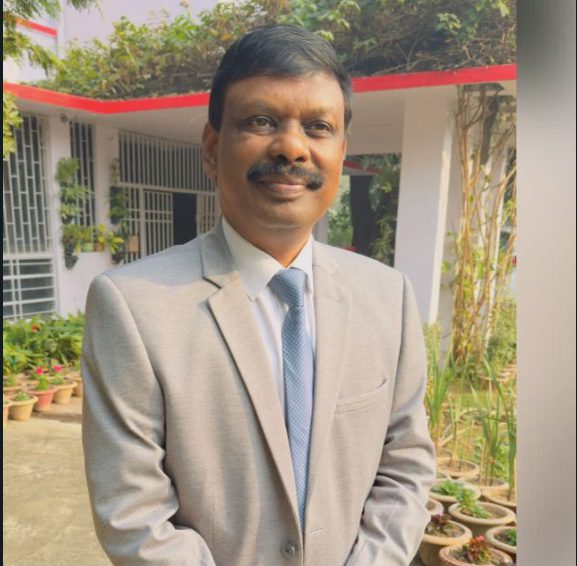
INTRODUCING SKILL DEVELOPMENT
Beyond immediate fixes, Dr. Siddharth’s vision extends to preparing students for the future. His next big goal is to introduce skill development as part of vocational training in high schools. By partnering with polytechnics and ITIs, he aims to equip students with job-ready skills before they complete their education.
“Skill development is a must,” he emphasizes. “It will provide the younger generation with better job opportunities, and there’s no need to wait until they finish their studies.”
‘TEACHER OF THE MONTH’
To further enhance teacher performance, the department has launched a ‘Teacher of the Month’ initiative. Although initial participation was low, Dr. Siddharth expects it to gain momentum.
“Recognizing teachers’ efforts motivates them to excel,” he says. “Education is fundamental and should never be compromised. Bihar has always been a center of learning, and we can reclaim that glory if we work together.”
A VISION ROOTED IN DIGITAL TRANSFORMATION
For Dr. Siddharth, the fear of his initiatives being reversed after his tenure is not a concern. “My work aligns with global trends,” he says confidently. “Digitization is inevitable, and our education system must adapt to stay relevant.”
With his innovative approach and future-focused goals, Dr. S Siddharth is not just improving Bihar’s education system but setting a precedent for the rest of the country. His relentless commitment to students, teachers, and infrastructure paints a hopeful picture of Bihar reclaiming its historic position as a hub of learning.
“If giving is the highest form of fulfillment,” he concludes, “this is my offering to the future of our nation.”

